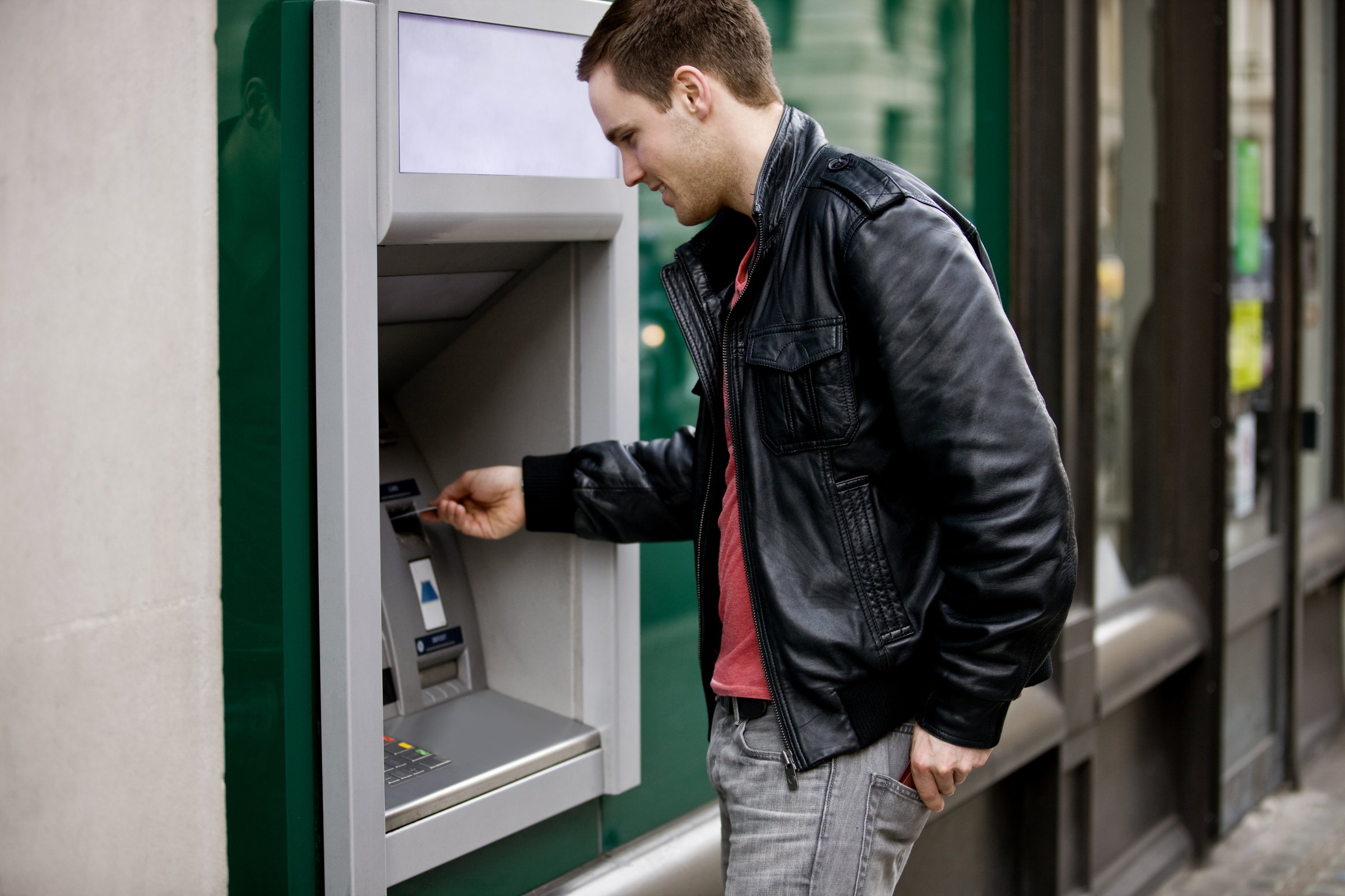
Bank customers are angry and confused by overdraft fees, research confirmed recently, an indication that effort four years ago to implement transparent rules about when banks are allowed to charge customers has not worked.
Roughly 41% of consumers have taken action against their bank after being charged for overdrawing from their checking accounts using their debit cards in the past year, a new study by Pew Charitable Trusts found.
Regulations in place since 2010 require banks to ask customers to opt into overdraft protection—when banks cover a shortage on your balance with a temporary advance, in exchange for a fee. But the study found more than half of those charged an overdraft fee don’t remember ever agreeing to the protection.
If the rules are vague, the banks are reaping the benefits: banks earned an estimated $16.7 billion for such overdraft fees in 2011, according to the New York Times.
Young people were the most likely to have to pay. A 25-year-old had a 133% higher chance of being charged an overdraft fee than a 65-year-old, the survey of 1,800 found.
Some peeved customers have reportedly closed their accounts in retaliation. According to the survey, 13% of people who paid an overdraft penalty last year say they no longer have a checking account, 19% of people discontinued their overdraft coverage and 28% of people closed their checking accounts. The median overdraft fee was $35, but 25% of customers were charged $90 or more.
More Must-Reads from TIME
- Breaking Down the 2024 Election Calendar
- How Nayib Bukele’s ‘Iron Fist’ Has Transformed El Salvador
- What if Ultra-Processed Foods Aren’t as Bad as You Think?
- How Ukraine Beat Russia in the Battle of the Black Sea
- Long COVID Looks Different in Kids
- How Project 2025 Would Jeopardize Americans’ Health
- What a $129 Frying Pan Says About America’s Eating Habits
- The 32 Most Anticipated Books of Fall 2024
Write to Eliana Dockterman at eliana.dockterman@time.com